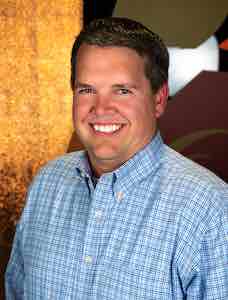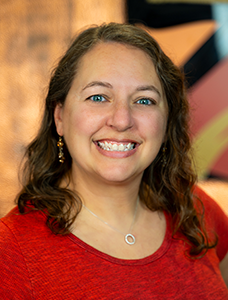Timnath Town Council
Timnath is a home-rule municipality and a Council/Town Manager form of government. The Town Council sets the policy and the Town Manager directs the daily operations of the Town. Timnath’s Town Council consists of five members – four Council members that are all at-large, that is they are not elected based on council districts. In addition, the Mayor is also elected at-large. Council terms are four years and staggered.
Frequently Asked Questions
How do I make a comment at a Town Council Meeting?
Your opportunities to speak about your item or topic is dependent on where your item is listed on the agenda or if on the agenda at all.
A. YOUR ITEM IS NOT ON THE AGENDA
After Roll Call and Amendments to the Agenda, time is set aside for the public to speak to the Council about items not specifically listed on the agenda. Public Comment is limited to 3 minutes per person.
B. YOUR ITEM IS ON THE BUSINESS AGENDA
Specific time for public input is set aside for each item that includes public hearings. Each Business Agenda item begins with a staff presentation on the topic. If the item relates to a development application, staff will address it’s location, conformance with Town Standards and the Land Use Code. Next, the applicant will present their application. (and applicant when relevant) presentations. This allows the public a chance to include any items discussed in the presentation in their comments. After all public testimony is complete, the governing body may seek answers to questions raised from the applicant or staff.
C. YOUR ITEM IS ON THE CONSENT AGENDA
Items on the Consent Agenda are considered to have no known opposition or concern, and are considered for approval as a group of items. The use of a Consent Agenda allows the approving body to spend more time on items controversial or on items requiring more discussion. If an item is on the Consent Agenda, no presentation or discussion is given, UNLESS it is PULLED to the Business Agenda. At the start of the Consent Agenda period, the presider will ask if anyone wishes to “pull” any items for discussion. Anyone present may request an item be “pulled” and moved to the Business Agenda. “Pulled” Consent Agenda items are moved to the Business Agenda.
Why can’t I speak with a Planning Commissioner, Town Councilmember, or the Mayor about a development prior to a public hearing?
Communication between a citizen and the Planning Commission or Town Council that happens outside of a public hearing is called “ex parte communication” and it means any material oral or written communication relevant to the merits of a proceeding that is neither on the record nor on reasonable prior notice to all parties.
One of the most important roles of a Planning Commissioner, Town Council, and the Mayor is to be an objective, fair-minded representative of the community. As those in the arena of city planning know all too well, land use issues frequently bring out passionate opinions from all sides. When a project is in certain phases of development, unfortunately, commissioners and councilmembers cannot comment on those projects.
Click here to view slides from the Feb. 14, 2023 Work Session on Ex Parte Communications.
Why do we have excutive sessions?
The purpose of an executive session is for the Council to meet privately to discuss sensitive matters. This meeting may come before, during, or after a regular Council meeting. The key is confidentiality because it allows the members to have an open and honest discussion. The business that is conducted in executive sessions could include legal issues, discussion on contracts (such as purchasing land or offering tax incentives to a business moving to an area), and personnel issues (such as hiring and firing).
How do you get elected to Town Council?
- Be at least 18 years of age.
- Be a United States citizen.
- Be a resident of the Town.
- Be registered to vote.
- Have a clean legal record.
- Have no conflicts of interest.
- Run for office! Contact our Town Clerk, Milissa Peters, for more information on when and how to qualify at [email protected].
What is a Home Rule Charter?
The Town of Timnath Home Rule Charter establishes Timnath as a Town and defines the specific authorities of the Town Council and administrators. The Charter also sets forth guidelines and processes for legislation, financing, and providing specific services within Timnath. We were empowered to make our own charter as a Town, and our community is empowered to make changes and must approve any changes by a majority vote.
What’s the difference between our Home Rule Charter and the Municipal Code?
The Timnath Home Rule Charter and the Timnath Municipal Code are two distinct documents that govern the Town of Timnath. Take a look:
| CHARTER | CODE | |
| Purpose/Overview | · Establishes the Town of Timnath · Defines the Town’s authorities and the role of elected officials. | · Establishes enforceable ordinances (curfews, building codes); · Organizes the city’s administration (establishes a sales tax, etc.) |
| Changes by Town Council | Council may only amend the Charter with voter approval. | Council may change the Code with or without voter approval. |
| Changes by the voters | Residents may petition Council to place a question on the ballot. | Residents may petition Council to adopt an ordinance or place a question on the ballot. |




